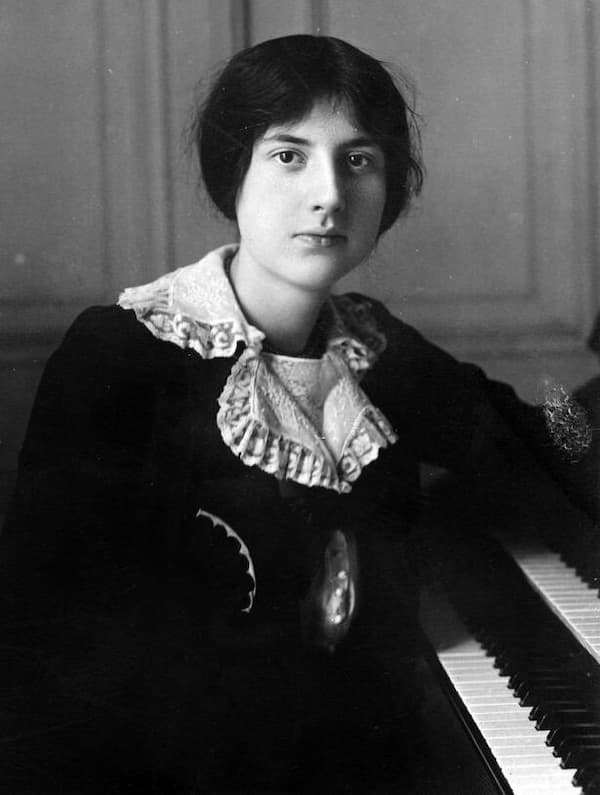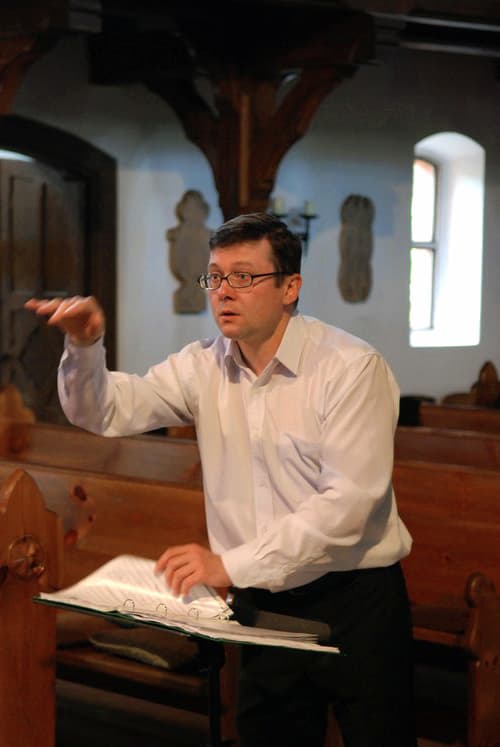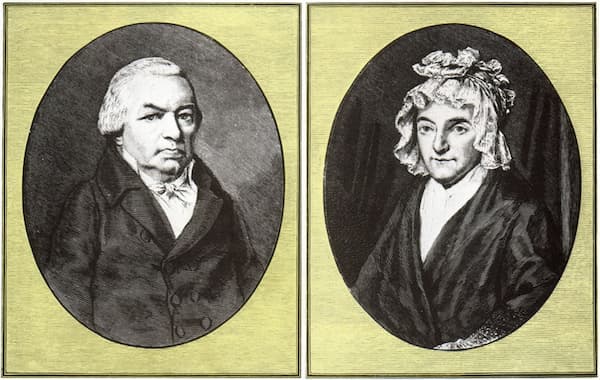Mirga Gražinyte-Tyla
L’Orchestre Philharmonique de Radio France
Available until 26/10/2025
The Visionary

Mirga Gražinyte-Tyla
Mirga Gražinytė-Tyla is not just a conductor; she is a visionary, shaping the future of classical music with each movement of her hands. At the helm of major orchestras across the globe, she generates infectious energy that transcends the traditional boundaries of the concert hall. With a rare combination of precision and passion, Gražinytė-Tyla is not only redefining what it means to lead an orchestra but is also challenging audiences to listen, feel, and experience music in entirely new ways.
Mirga Gražinytė-Tyla is known for her groundbreaking work in classical music and also for her strong sense of social and political awareness. As a prominent female conductor in a male-dominated field, she has been outspoken about gender equality and empowering women in the arts. She has advocated for more opportunities for women in leadership roles, both on and off the stage, and has highlighted the importance of breaking down barriers to create a more equitable musical community.
Convictions

© Roderick Aichinger
Gražinytė-Tyla hails from Lithuania and has expressed a deep sense of responsibility toward preserving and promoting cultural identity, especially in post-Soviet spaces. Her work often reflects a belief in the power of art to transcend borders and connect people from diverse backgrounds. As such, she is committed to ensuring that classical music remains a living, evolving art form that reflects the complexities of the contemporary world.
Generally speaking, Gražinytė-Tyla tends to avoid overt political statements. That is not the case, however, when it comes to the full-blown Russian criminal invasion of Ukraine, an independent country with a democratically elected government. As she explained, “we Lithuanians experienced so much crime from Russia that it feels as if the war is happening to us. I feel it physically, in my own body, every day.”
The Conductor
She certainly is one of the most in-demand conductors and music directors of our times. Gentle, strong, calm and self-confident, she proudly exclaims, “the only thing that could ever stop me is my own lack of imagination.” In 2017, she was named “the most influential foreign talent in the area of symphony orchestras, as someone whose personality had shaken Europe.” A Lithuanian music critic writes, “She is a master of emotion and a conductor who always remembers her roots and reminds others of their own.”
Lithuanian Roots
Gražinytė-Tyla roots trace back to Lithuania, occupied by the Soviet Union. Her parents, a choral conductor and a pianist, initially discouraged a career in music. However, she was exposed to music on a daily basis and eventually grew to see music as the only viable profession. She was drawn to conducting because it combines a love for music with working closely with people.
For Gražinytė-Tyla, the special culture and tradition of singing “helped us Lithuanians to regain our human rights.” In essence, song and singing paved the way to freedom for the Baltic countries, and “it helped to shape our cultural identity.” And choral singing, closely tied to Lithuania’s folk traditions, became a form of cultural resistance to preserve its language and heritage. A symbol of national pride, resilience, and community, it continues to shape its cultural landscape.
Boulanger, Gražinis, and Bruckner

Lili Boulanger
For the ARTE Concert series, Gražinytė-Tyla leads L’Orchestre Philharmonique de Radio France in a programme true to her visions and convictions. It all started with music by Lili Boulanger (1893-1918), the first woman to win the coveted Prix de Rome in 1913. Her success made international headlines, and the local press wrote, “The suffragettes smash windows and burn houses, but a maiden of France has gained a much greater victory.”

Romualdas Gražinis
With music by Romualdas Gražinis, Gražinytė-Tyla pays homage to a prominent compatriot Lithuanian choral conductor, composer, and music educator. His influence has helped to shape the country’s rich choral tradition and preserved Lithuania’s musical heritage. For Gražinytė-Tyla, it also represents a focus on “post-Soviet” countries and an exploration of the great work their people have created. “It acknowledges the existence, identity, and independence of those free countries.” In Anton Bruckner, Grėžnytė-Tyla finds a deeply spiritual and emotional connection that resonates in grandiose, meditative, and sometimes mystical soundscapes.
Transformations
Gražinytė-Tyla is adamant about scheduling programmes and supporting initiatives that aim to use music for social change, including working with young people, championing new composers, and performing in environments where music can be a force for unity, healing, and understanding. Her work is a testament to the transformative power of art, proving that the future of classical music is not just rooted in its past but alive and evolving in the hands of bold and imaginative artists.
Mirga Gražinyte-Tyla
L’Orchestre Philharmonique de Radio France
For more of the best in classical music, sign up for our E-Newsletter




